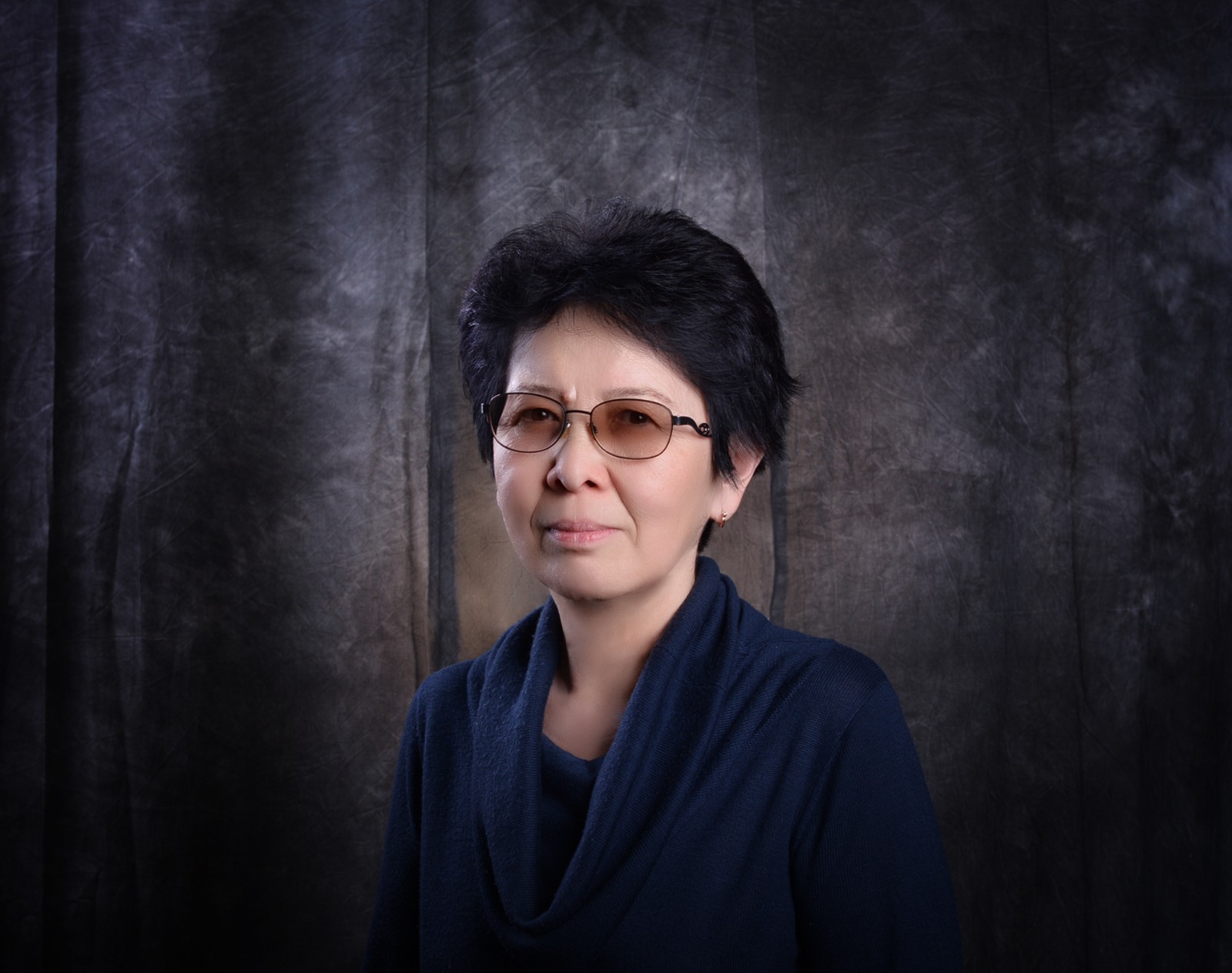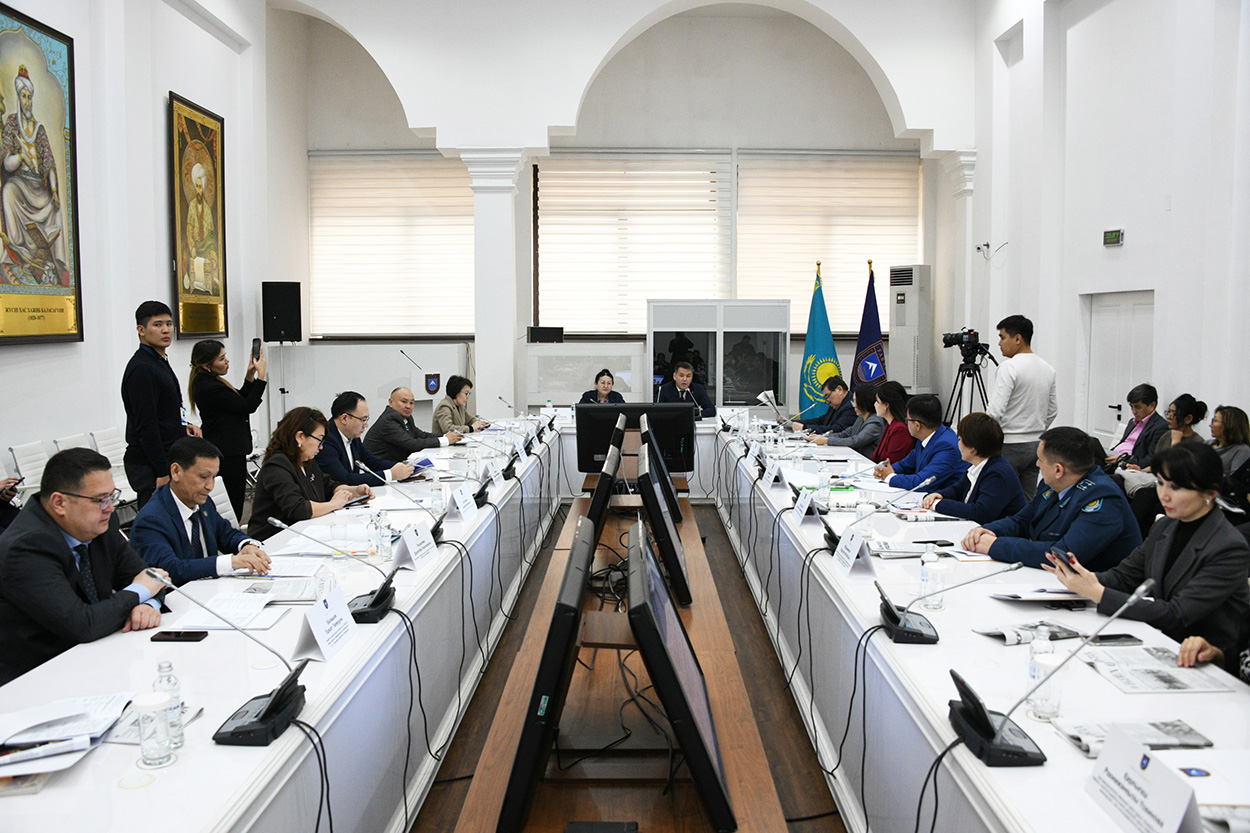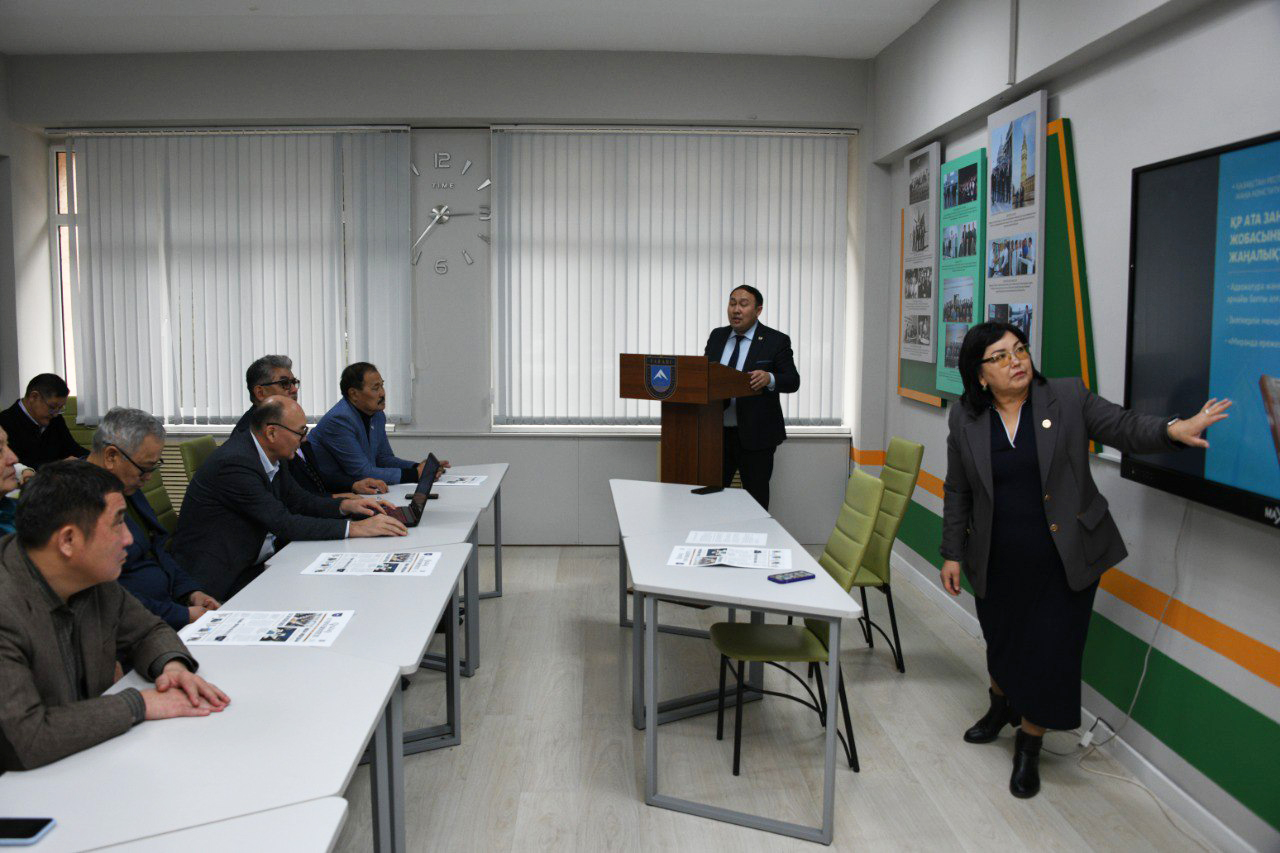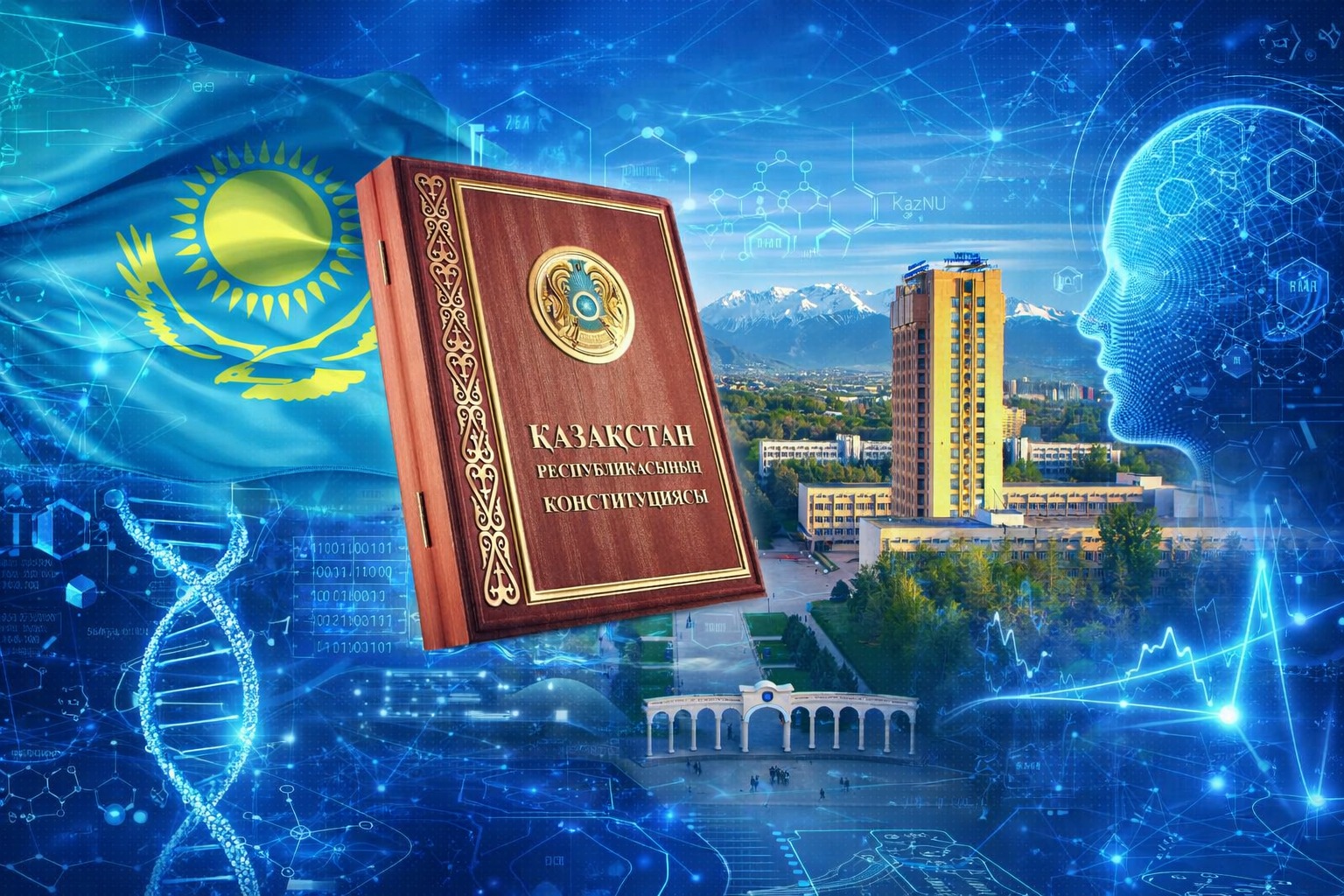Objectivity is needed in politics as well as in science.

The interview of the President of the country as a genre, especially published at the end of one calendar year and the beginning of the next, should give a generally optimistic picture of development with some analysis of the positive and negative trends of the past period. The interview published in the Egemen Qazaqstan newspaper on January 3, 2024 was no exception. Like many citizens of the country, I read the text and tried, out of research habit, to analyze the content of the information provided from various positions. For an objective assessment, not only published open information is usually useful, but also an “outside view,” data from third-party sources and existing scientific concepts. In this sense, reviews and indices of international organizations sometimes provide a more balanced and methodologically sound assessment in many respects, if you set yourself the task of obtaining an objective picture of the situation.
Let us immediately note that the results of international reviews and ratings are somewhat different from the self-assessments of the governing bodies of Kazakhstan, which is probably typical not only for our country, but also for all other countries of the world. Self-esteem, as a rule, is higher than the opinion of external observers. It is all the more useful to understand how we are ranked from the point of view of the international community. A number of key indicators do not look very optimistic. The rating of civil society decreased from 1.50 to 1.25. As a result, Kazakhstan's democracy rating dropped from 1.36 to 1.32 in 2023. According to the international Power Distance Index developed by Professor Geert Hofstede, Kazakhstan scored 88 points last year, that is, it is a country with high power distance. Common characteristics for this group of countries are hierarchical organizations with a strict command and control structure, the inability of low-ranking people to challenge superiors, decisions made only by leaders without the ability to challenge those decisions, and leaders are rarely held accountable for their actions. In general, according to Hofstede's theory, government officials are very distant from society. Finally, Kazakhstan was ranked 134th in press freedom according to the 2023 World Press Freedom Index, which assesses the journalistic environment in 180 countries.
These data are presented not to incriminate or accuse people providing information to the President of incompetence, but to advise them to take into account the presence of different positions and points of view on the existing reality. There are no national borders for information, and what happens in Kazakhstan becomes known, assessed and categorized quickly enough in the rest of the world. The very national boasting that the President spoke about as a negative quality of the nation that should be eradicated, unfortunately, prevents us from being objective in understanding the true achievements of our country, which, objectively speaking, are also many.


